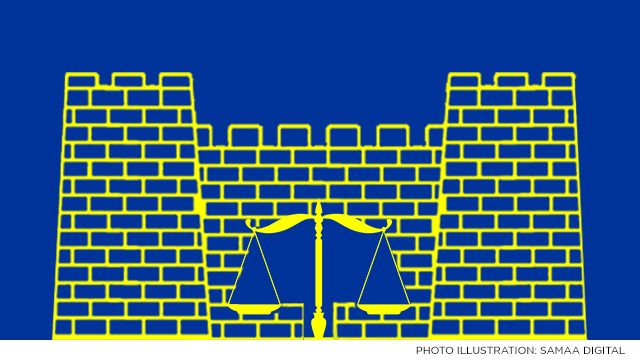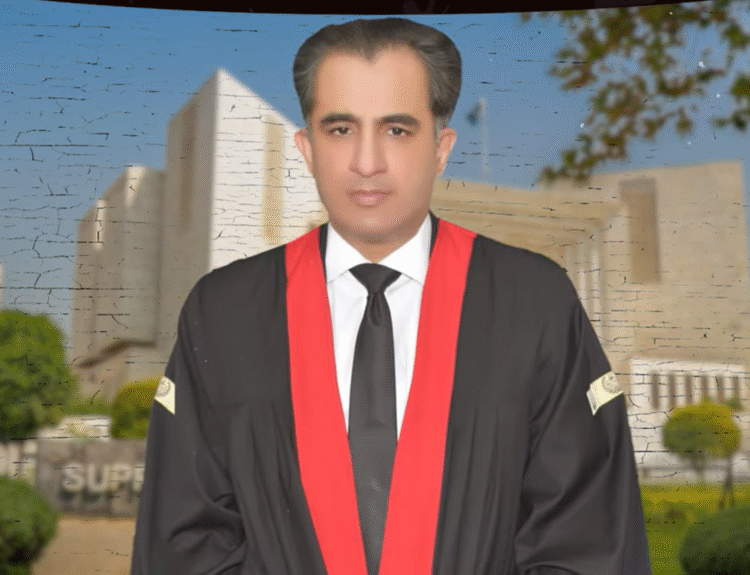Khudayar Mohla-
While declaring operation of jirga and panchayats in the country against Pakistan’s global commitment and certain provisions of the Constitution, the Supreme Court granted six months to KPK government for developing infrastructure to spread uniform system of courts in FATA as well.
Among others, National Commission on Status of Women (NCSW) had urged the Supreme Court seeking declaration and directions on the legality of jirgas/panchayats in the country. Jirgas/panchayats are a parallel legal system in the form of ‘council of elders’ or ‘kangaroo courts’ exist in the tribal areas, particularly in the north of the Province of Khyber Pakhtunkhwa (KPK), and in some rural areas of KPK, Punjab, Sindh and Balochistan.
Announcing a 33-page reserved verdict in response to appeals against Peshawar High Court verdict and other of NCSW in the matter, a two-member bench of the Chief Justice Mian Saqib Nisar and Justice Ijazul Ahsan declared operation of Jirgas/panchayats violation of Pakistan’s international commitments under the UDHR, ICCPR, and CEDAW.
The bench ruled that it is the government responsibility to ensure everyone’s access to courts and tribunals amid treating them equally before the law and in all stages of procedure in courts and tribunals.
“Jirgas/panchayats etc. do not operate under the Constitution or any other law whatsoever to the extent that they attempt to adjudicate on civil or criminal matters; however, they may operate within the permissible limits of the law to the extent of acting as arbitration, mediation, negotiation or reconciliation forums between parties involved in a civil dispute who willingly consent to the same”, stated in the verdict.
The Court ruled that since no individual or persons in the name of a jirga/panchayat or under any other name can assume the jurisdiction of a civil or criminal court without any lawful authority; any order, decision or a direction issued by any such individual or group of persons is hereby declared illegal and against the spirit of the Constitution.
“The law enforcement agencies all over Pakistan are duty-bound to be vigilant and ensure that if any crime has gone unreported, they of their own accord file FIR(s) with regards to the same and initiate the process of investigation”, said in the verdict.
The Court ruled that if as a consequence of any illegal decision, order, direction or inducement of such self-appointed adjudicatory bodies any crime is committed, the offender as well as the individual or group of persons involved in aiding such jirga/panchayat etc. shall be jointly held responsible for the said offence and must be proceeded against in accordance with the law.
Granting two months to police for developing standard operating procedures (SOPs) in the matter, the Supreme Court asked the concerned authorities to circulate the verdict throughout the country with a compliance report to be submitted to this Court at the end of the two-month period.
“After the 25th Amendment, all the residents of the Province of KPK are similarly placed, there is no rational basis on which the people of FATA can be distinguished from the people of the rest of the province of KPK and thus the application of the FATA Interim Regulation to one part of KPK while the rest of the province enjoys the protection of the provincial laws is absolutely unjustified, grossly discriminatory and in contravention of the fundamental right to equal protection”, stated in the verdict.
Categories
Uncategorized
SC grants 6 months to KP govt for courts in FATA




